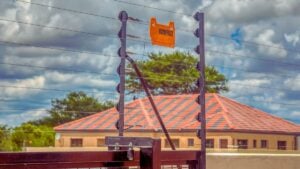Lottery-funded community projects under investigation
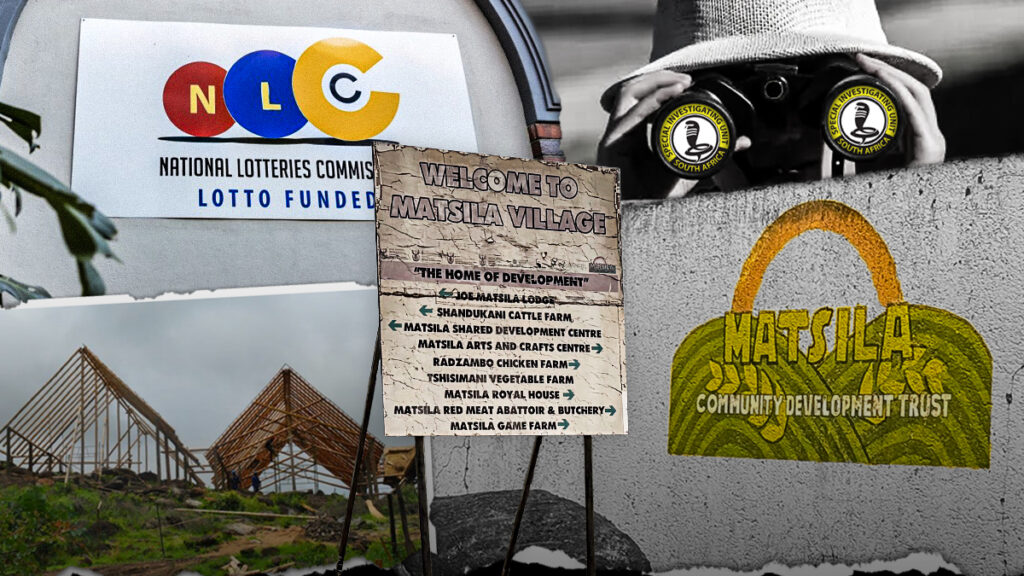
Several government-funded development projects linked to traditional leader and ANC electoral committee secretary Chief Livhuwani Matsila have come under scrutiny from the Special Investigating Unit (SIU), including a vandalised chicken farm and a lodge that was gutted by fire.
In addition to his traditional leadership role, Matsila serves as secretary of the ANC’s electoral committee and is regarded as an influential political figure.
Matsila is widely recognised for his leadership in rural development efforts in his home village of Ha-Matsila, located in Limpopo’s VhaVenda region, where approximately 10,000 people reside.
According to Matsila, nearly every household in the village has benefited from or participated in the dozens of projects coordinated through the Matsila Community Development Trust.
Registered under the Trust Property Control Act, the Trust partners with government, NGOs, and the private sector to support programmes in agriculture, tourism, environmental management, arts and culture, and social services.
Since its inception, it has secured at least R200 million in public funding for projects including livestock and crop farming, a game farm, and the rebuilding of a guest lodge.
Matsila has praised these initiatives for absorbing unemployed people into meaningful work, arguing that job creation is a more sustainable form of upliftment than passive dividends, which he said “can destroy communities.”
However, some of these projects, funded through large-scale public grants, are now under investigation as part of a broader SIU probe into alleged corruption and maladministration at the National Lotteries Commission (NLC).
The investigation has raised broader questions about oversight, accountability, and the proper use of rural development funding.
While several of the Trust’s projects remain active and continue to serve the local community, others have come under scrutiny for how funds were managed.
Since 2020, the SIU has been investigating billions of rands in NLC grants awarded between 2014 and 2020.
According to SIU spokesperson Kaizer Kganyago, five grants awarded to the Matsila Community Development Trust are under investigation; three probes have been completed, while two are ongoing.
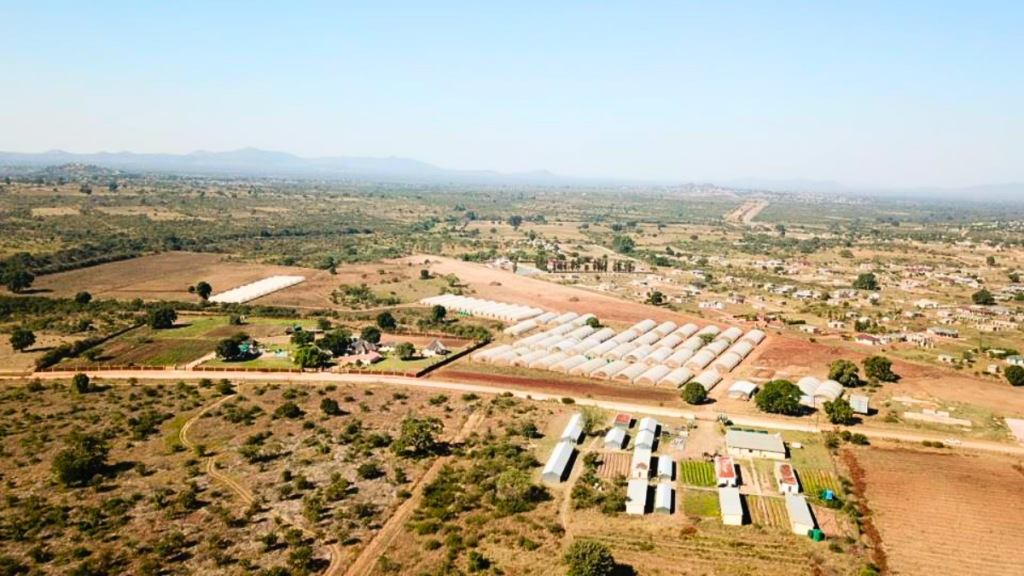
Idle chicken farm
The first completed investigation concerns a R2.89 million NLC grant for a chicken farming project in the area, which is today idle and vandalised.
Kganyago explained that the Matsila Trust submitted an application as a conduit applicant on behalf of Shalom NPO, which did not meet NLC’s funding requirements.
Matsila transferred an amount of R1,588,100 to Shalom NPO after R1,738,10.66 was transferred from the NLC as a first trench payment, said the SIU spokesperson.
He kept 10% of the first payment, in line with requirements for conduit applicants, for managing the project.
The SIU investigation found that the NPO “misused the majority of the R1,588,100 received from Matsila Community Development Trust,” including for buying a bakkie that was later sold.
A final tranche of R1 million was later transferred to Matsila, but it was never passed on to the NPO. It remained in the bank account for over a decade and was not used for the project.
However, Matsila told BusinessTech that they held onto money after an initial transfer of funds because they later found out that they were “operating in a risky area.”
Matsila said the chicken farm near Masina was completely vandalised, with nothing left on site despite evidence it was once built.
Following the announcement of the SIU’s investigation into the NLC, the project’s future became uncertain, he said.
According to Matsila, they offered to present a plan to the SIU, insisting they still had the money and could implement the project, but the SIU rejected this, saying that too much time had passed and the funds must be returned with interest.
The NPO and Matsila signed two acknowledgements of debts totalling R2,896,851.60, of which R1,734,037.14 has already been paid back, according to Kganyago.
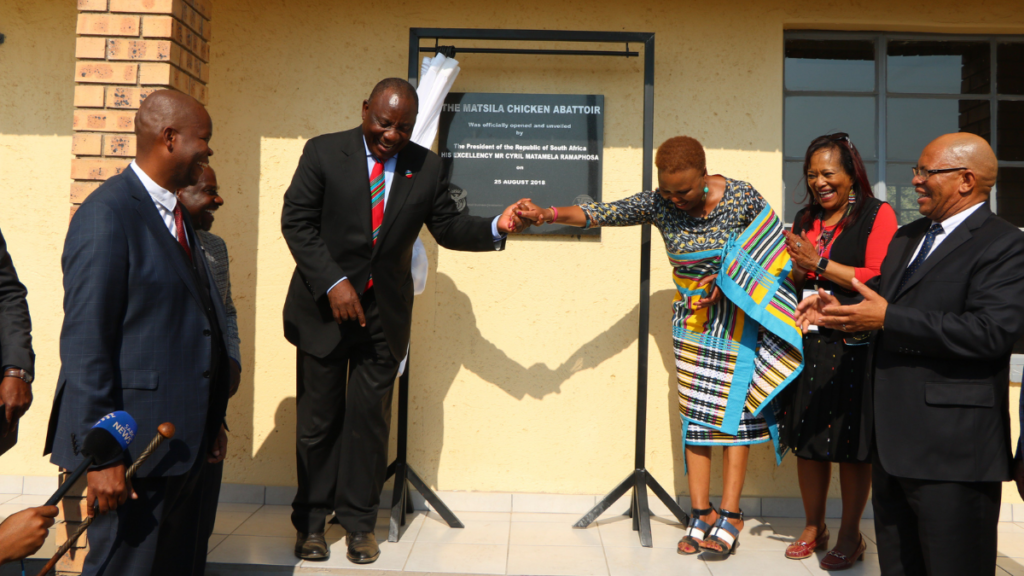
The R54 million farm, Land Rover, and B&B
The second completed investigation is regarding an over R50 million farming project.
UK-linked organisation African Resource Trust, which has a branch in South Africa, was a conduit applicant on behalf of the Matsila Community Development Trust.
An amount of R54,716,200 was awarded for the project. While operational, some of the funds allocated to the farming project were not used for the purposes approved in the scope.
In May 2025, the SIU gave an update to the Standing Committee on Public Accounts (SCOPA) on their investigation.
Mashudu Netshikweta, SIU chief forensic investigator, told SCOPA that at some point, Matsila allegedly diverted some of the funds to buy a Land Rover and build a B&B (the Joe Matsila Lodge) rather than using them for farming purposes.
Netshikweta noted that during the SIU investigation, the Trust provided proof that they had requested a deviation from the original project plan, which was approved retrospectively.
Matsila defended the use of lottery funds for a lodge and a Land Rover, claiming that both were included in the original budget under accommodation and transport.
He argued that buying the vehicle was more cost-effective than hiring and fell within a multi-million-rand transport allocation.
A deviation was approved after the purchase, which he attributed to a misunderstanding of procurement rules. The lodge, he said, accounted for less than 10% of the budget.
Matsila added that all spending was declared, overseen by the implementing partner, Resource Africa, and reported to the Lotteries Commission, and appeared before committees to address the deviation, which was “misunderstood.”
He disputed the SIU’s claim that approval came after purchases and the onus is on the African Resource Trust, saying accountability lies with those who processed the deviation.
All spending, he said, was approved by the African Resource Trust, declared in reports, and the lottery was aware of efforts to resolve issues.
He added that they have “cooperated fully and implemented corrective measures.”
African Resource Trust, however, expressed their shock at questions from BusinessTech, saying that they were unaware of any SIU investigation and did not respond to further queries.
It must be noted that the site is operational, with 60 greenhouse tunnels with drip irrigation and pump stations, aimed at adapting to extreme weather.
An additional 50 hectares were used for open-field crops such as spinach, onions, chillies, and cabbage, with Matsila saying that the funds also covered tractors, delivery vehicles, and farming tools.
According to Matsila, the farm’s food supports 10 feeding centres in 10 different villages, providing food for about 2,400 beneficiaries monthly.
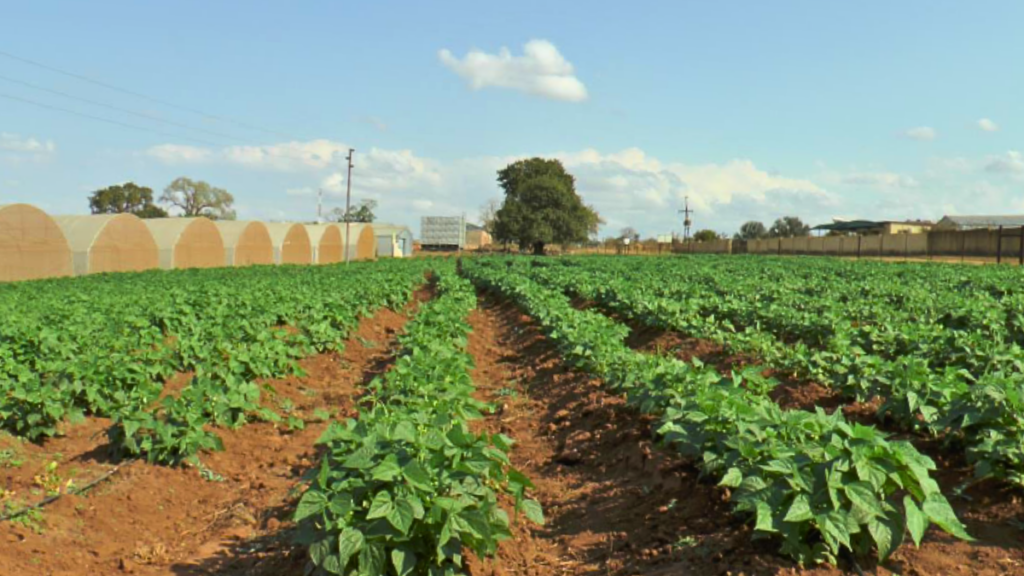
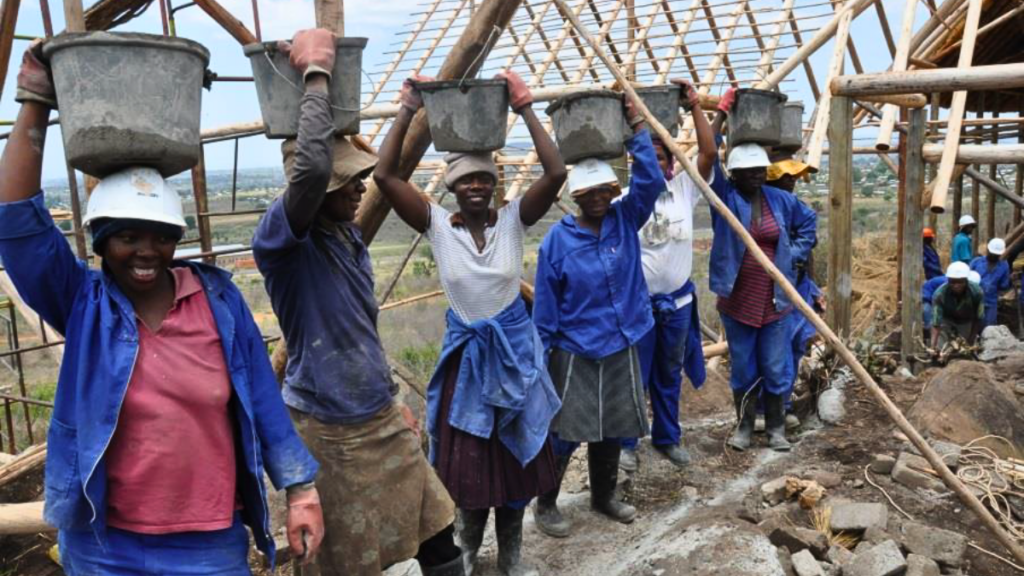
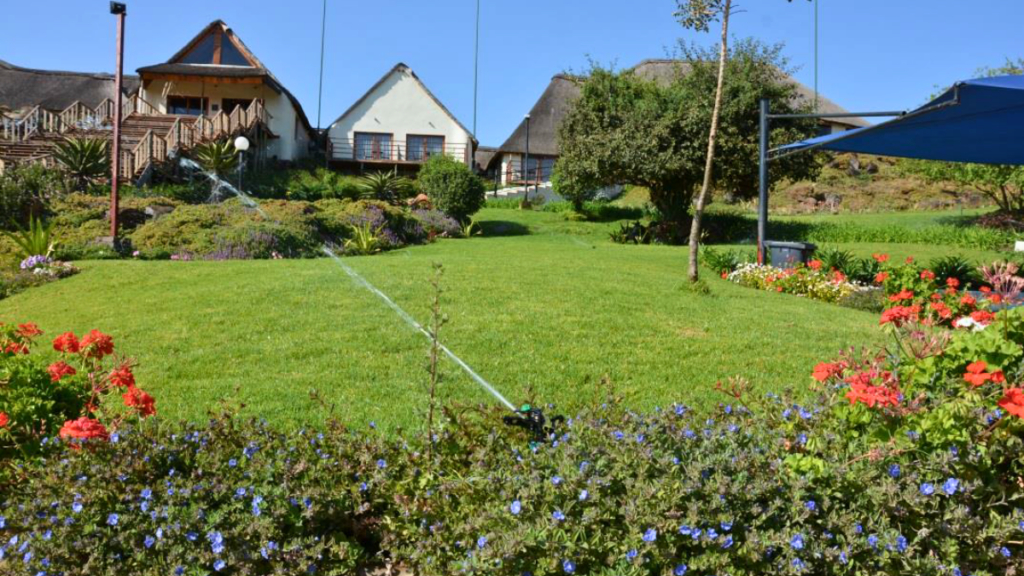
The lodge burns down
In September 2018, shortly after President Cyril Ramaphosa visited, the Joe Matsila Lodge caught fire twice in two weeks. The first blaze was contained with the help of the community, but the second destroyed the lodge.
Arson is suspected, as both fires started outside the roof. A case was opened, but no arrests have been made.
In response to queries sent by BusinessTech, the Department of Land Reform and Rural Development (DLRRD) confirmed that it has funded one project in the Matsila area, namely the rebuilding of the Joe Matsila Lodge.
In 2019, R35,411,375 was approved for the Matsila Development Trust, with R30,181,375 transferred before the project was halted in June 2020.
His company, Belta Services, was awarded this contract. Matsila confirmed this, saying that “Belta was awarded the contract by the Project Service Provider appointed by the Department, which comprised of an engineering firm, an accounting firm and an architect.”
“I was not involved in the adjudication process to avoid conflict of interest, and this adjudication report was furnished to the department and a declaration of my conflict of interest in the process.”
Whilst the original lodge had a bed capacity of 20 rooms, the new lodge was scaled up to 40 beds.
According to Matsila, “this posed a cashflow challenge due to unforeseen costs for the demolition and excavation of the mountainous slope and terrain of the location of the lodge.”
When asked whether a departmental investigation found irregularities and recommended repayment, the DLRRD said that “the outcome of the investigation has not been made public as yet.”
According to the Department, the project is currently at 65% completion. The rooms have been constructed but not completed, the brick wall is halfway to roof level, and there is currently no roof.
“The reception area has been constructed to roof level, and the roof is installed. However, there is no slab on the ground and there are no finishes on all the rooms and the reception area,” said the DLRRD.
A funding amount of R600,000 was requested in November 2024 for the appointment of a professional service provider to assess the lodge.
“The scope includes a due diligence report and expert advice and recommendations on how to proceed with the project,” said the DLRRD.
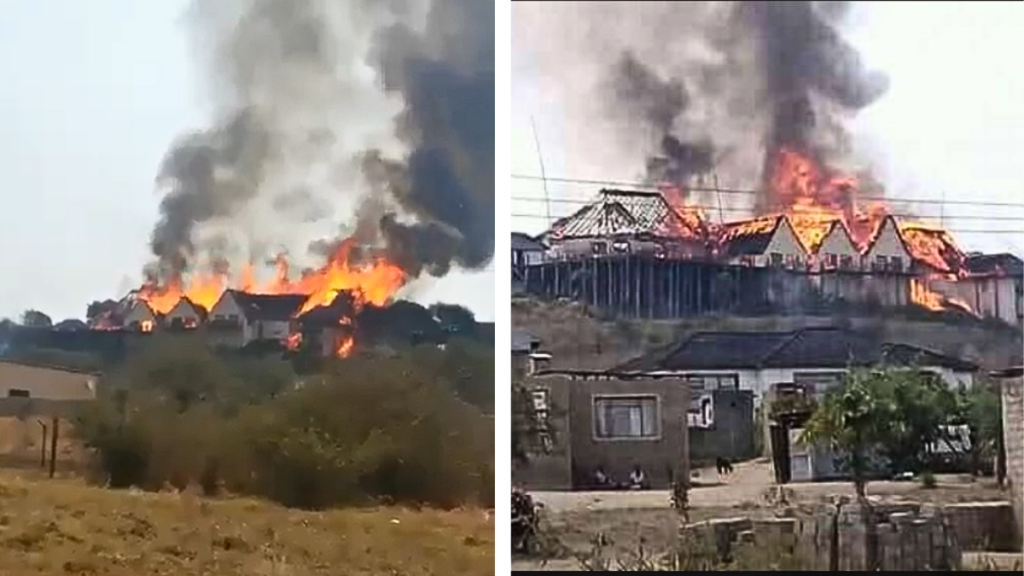
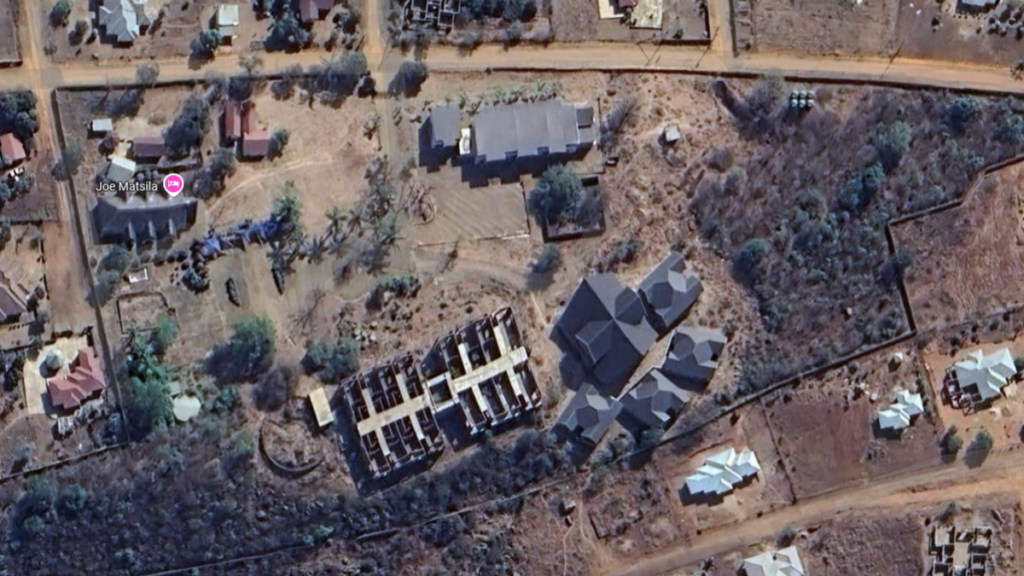
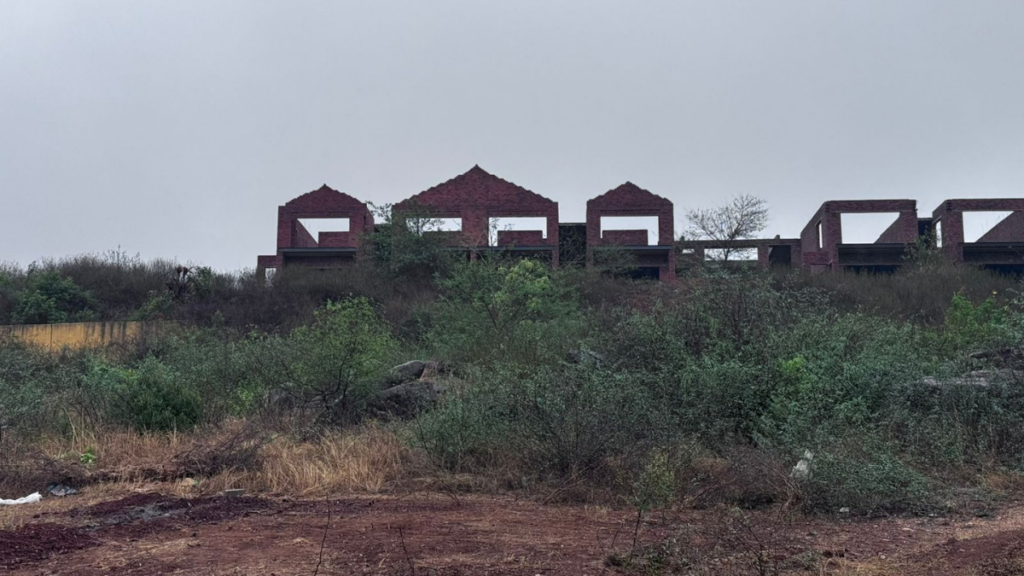
Operational rural development projects and Matsila’s response
With that said, the majority of the development projects in the area are operational and meeting their developmental objectives.
For example, the Matsila Cattle Farm with 50 Nguni cattle, 200 goats and 200 sheep has supported much growth in the area, along with its Game Farm.
“The development initiatives of the Trust have truly transformed the Matsila Village into the home of development with tangible benefits to the community,” said Matsila.
He said that this includes “more than 15,000 job opportunities created over the past 2 decades and 200 SMMEs benefiting from business opportunities as service providers.”
Matsila said he has seen significant improvements in the lives of people in the area, noting that many beneficiaries have been able to upgrade their RDP houses or demolish them entirely to build better and larger homes for their families.
He attributed this progress to increased buying power in the community, driven by the employment, skills development, and economic opportunities provided by the Trust.
“The real network of the Trust should be measured by the standard of living and assets acquired by members of the community in their households as a result of being employed in the various projects of the Matsila Trust.”
In an interview with BusinessTech, Matsila acknowledged “missteps” in some projects. He said they implemented “a lot of corrective measures” and returned the funds to the SIU, complying with all their requests.
He raised concern over claims of fund misuse, calling them defamatory and part of a smear campaign, insisting the Lottery was aware they were trying to resolve the issue and that nothing was concealed.
He claimed that there are “orchestrated efforts” by disgruntled traditional leaders and politicians to misrepresent the Trust’s work.

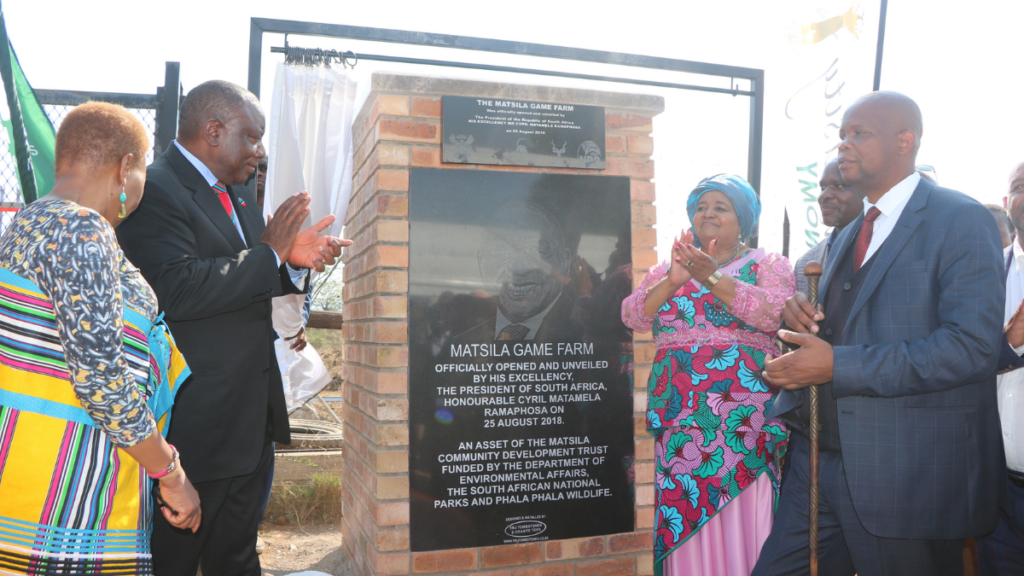
Going forward
Looking at the overall probe, not focusing on Matsila, according to the presentation to SCOPA, the SIU found widespread misuse of the NLC’s proactive funding, with officials and board members colluding with NPOs and the community to siphon funds.
Issues included poor project oversight, lack of monitoring, hijacked or abused organisations, ineffective audits, and general maladministration in grant approvals.
Recommendations include:
- Ensure clear separation of duties between NLC staff and Distribution Agency members.
- Record and monitor all proactively funded projects in the grant management system.
- Upgrade the system to detect multiple applications from the same individuals using different entities.
- Conduct lifestyle audits on NLC staff.
- Strengthen project management and oversight.
- Create a dedicated committee for proactive funding.
Following the SIU presentation to SCOPA, MP Alan Beesley said that “many community NGO’s/Trust have been at the forefront of the corruption and have been used as a vehicle to loot the National Lottery.”
While proven to be accurate, some community leaders argue that blanket statements unfairly discredit genuine development efforts.
Regardless, as presented by the SIU, the “previous management and Board of the National Lottery were part of the corruption, and as such, the only oversight they were doing was how much money was moving into their own pockets,” said Beesley.
He said SCOPA will keep engaging the SIU, NPA, and the new NLC board to ensure accountability, eliminate corruption, and enforce good governance.
He added that early interactions with the new leadership have been positive.












